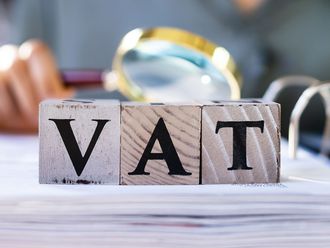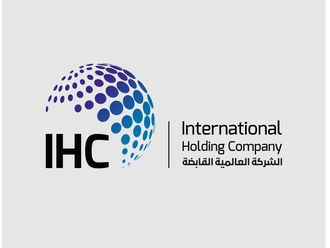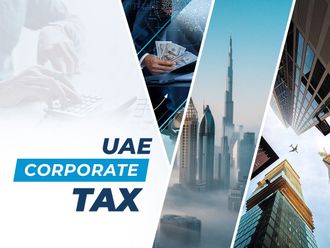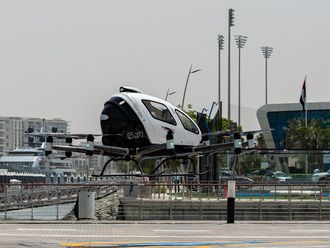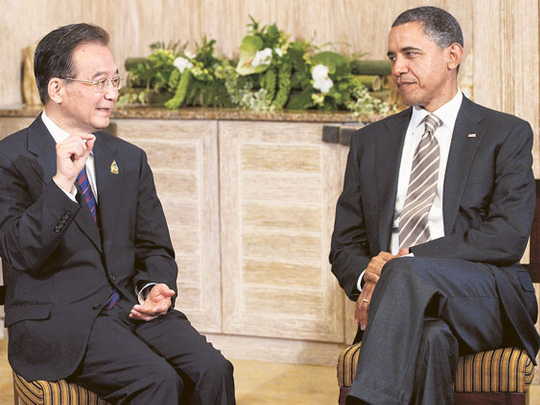
It seems that as the West continues to sink deeper into consecutive and dangerous crises, the East achieves one success after another.
The significant econ-omic agreements signed between China and India, which open wider avenues for cooperation between the countries, were followed quickly last week by the leaders of China, Japan and South Korea striking a tripartite deal to speed up investment and free trade talks.
If a free trade agreement is signed, as is expected, the world will see the formation of the largest free trade zone in the world, made up of three nations which have a joint population of 1.5 billion people or 21 per cent of the world total — exceeding that of the European Union and the North American Free Trade Agreement (Nafta) together.
The shifting of the world's economic centre of gravity from the West to the East is an undeniable fact. But while the shifting of investment and trade is the centre of attention due to the huge capabilities of Asian markets, there are also economic, political and strategic factors at play.
In the light of this, countries all over the world need to re-evaluate their international relations and formulate a strategic vision that allows for protecting economic interests and striking new alliances that reflect global changes.
New alliances
The crises of the US economy and the Eurozone are excellent examples. The crises are expected to be overcome because these countries are governed by administrative rules and laws that were laid down after in-depth scientific studies. But, despite this, the US and European Union will not be the same again.
Once this is all over, the global economy and the balance of international power will not look like the pre-crisis situation. New alliances will continue to grow, such as the alliance of Brazil, Russia, India, China, and South Africa (the Brics), the new alliance in East Asia and the G20, all with their internal balances and contradictions. The crucial question for this region is where does the Arab world stand on these radical transformations. Transformations which are currently not given the importance they deserve, despite their expected consequences in the next few years.
The bright economic spot in the Arab world is represented by the GCC. Despite their slow march, Gulf countries have achieved good growth rates and living standards which are improving despite high rates of inflation. At the same time, the GCC provides education, health, and infrastructure that are high compared to international standards.
Despite this, there are some who try to distort and abuse this successful Arab experience by fabricating crises and exaggerating the effects of the global financial crisis, or by blocking the implementation of agreements signed between member states. Many obstacles, for example, were placed in the way of the implementation of the Gulf Free Trade Area.
At present, obstacles are being placed to block the implementation of the unified customs tariff, by exempting commodities that are less than two years old, but imposing a five per cent tariff on those that exceed that limit.
We can only speculate about the rationale behind this inimitable proposal of economic genius, but it is clear that it hinders Gulf trade. The worst part is that its implementation was approved by the GCC Ministers of Trade without thinking about the negative consequences for trade between Gulf states.
Falling behind
As for the rest of the Arab world, economic conditions are going from bad to worse, as living standards continue to fall while dependence on the outside world to meet their food requirements increases. Unemployment is on the rise, especially after recent political events — Yemen's unemployment rate is now a staggering 70 per cent.
But if we talk about the West represented by both sides of the Atlantic — the United States and Europe — when we talk about the East we must separate between the Far and Near East. The Far East is progressing steadily to lead the world econ-omically. Meanwhile, the Mideast is now experiencing political and economic crises and continues to lag behind the rest of the world with the absence of vision.
Dr Mohammad Al Asoomi is a UAE economic expert and specialist in economic and social development in the UAE and the GCC countries.


